ElectionMeddling
Latest

DOJ report finds foreign meddling had no impact on midterm elections
If attempts at election meddling had any tangible effect on the US midterms, you won't hear about it from some officials. The Departments of Justice and Homeland Security have submitted a joint report to President Trump saying there was no evidence a foreign government or agency had a "material impact" on the infrastructures of the 2018 vote, including campaigns and political bodies. The actual conclusions are classified, but they're consistent with what the government said after the elections, the Justice Department said.
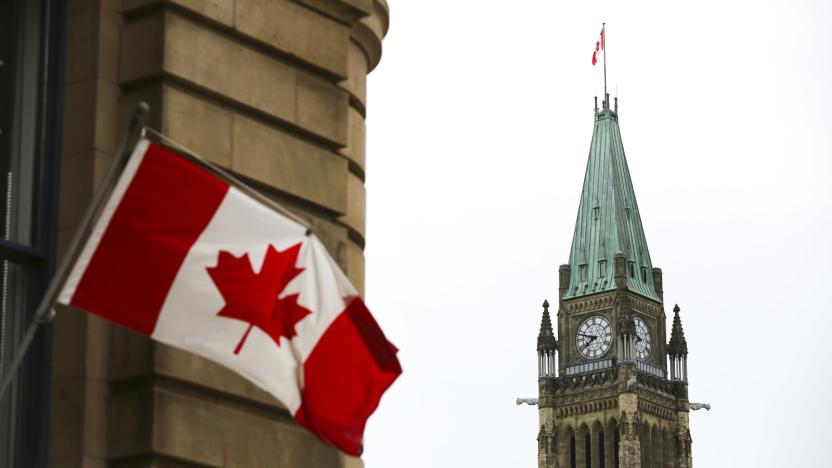
Canada doesn't trust social networks to warn of election interference
Social networks like Facebook and Twitter have set up war rooms and disclosure systems to warn of potential election meddling, but the Canadian government doesn't believe that's good enough. The country's Democratic Institutions Minister has established a panel of five politicians that will warn the public when there's evidence of attempted interference during election periods, including the upcoming October federal election. If they believe there's a threat, they'll not only alert the Prime Minister, party officials and Elections Canada, they'll hold a press conference to reveal the details to everyone.
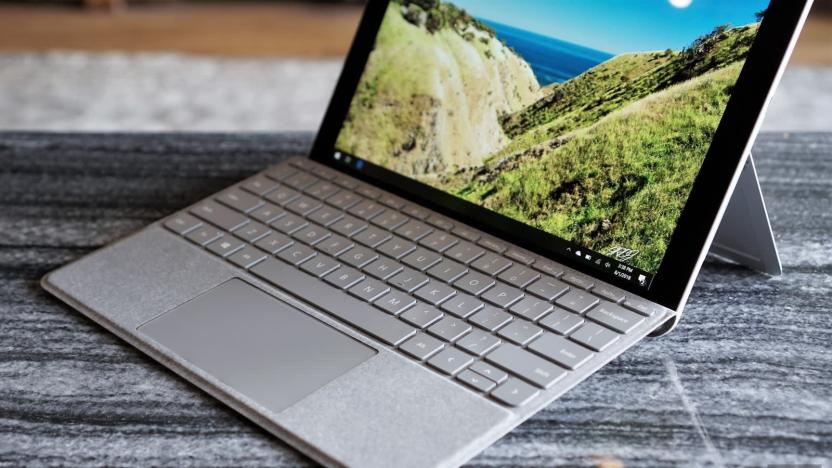
Recommended Reading: The best of 2018
Surface Go is Microsoft's big bet on a tiny-computer future Lauren Goode, Wired We're taking a look back at the most popular Recommended Reading stories of the year this week. At the top of the list is Wired's detailed piece on the $399 Surface Go, Microsoft's long-rumored smaller Surface device. Other popular RR entries this year cover Alexa and Google Assistant, an interview with Tim Cook, election hacking and fake news.
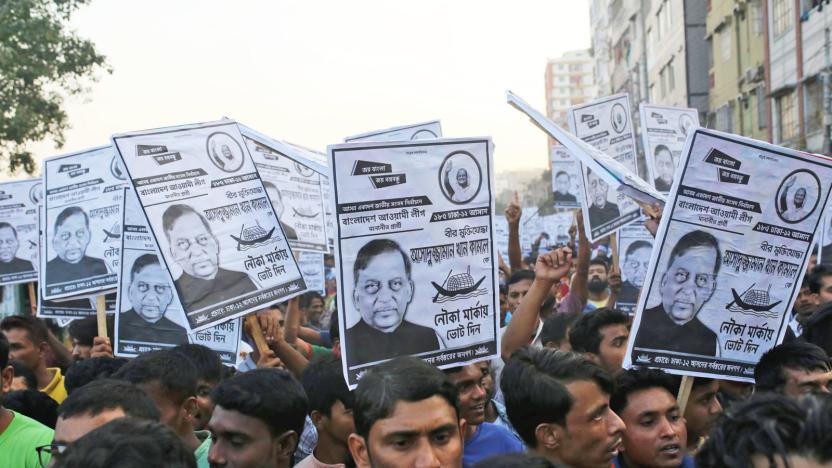
Twitter and Facebook target fake accounts ahead of Bangladesh election
Both Facebook and Twitter have removed a handful of accounts ahead of Bangladesh's general election, citing coordinated manipulation and inauthentic behavior as their reasons. Facebook took down nine Pages and six accounts while Twitter suspended 15 accounts. Twitter said most of the accounts it removed had fewer than 50 followers and Facebook reported that around 11,900 people followed at least one of the Pages it took down.
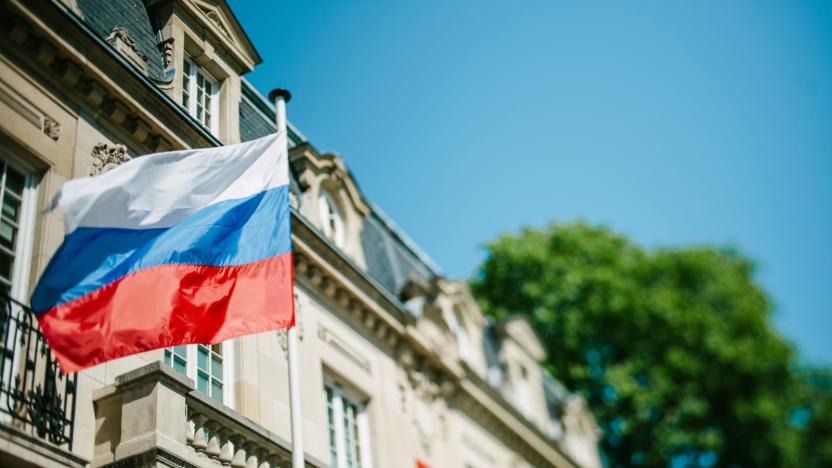
US Treasury sanctions Russians for hacking and election meddling
The US government isn't done taking action against Russians accused of hacking and interference campaigns. The Treasury Department has leveled sanctions against 16 current and former GRU intelligence officers (some of whom were targeted in earlier indictments) for their involvement in multiple campaigns against the US, including the Democratic National Committee hacks, World Anti-Doping Agency hacks and election meddling efforts.
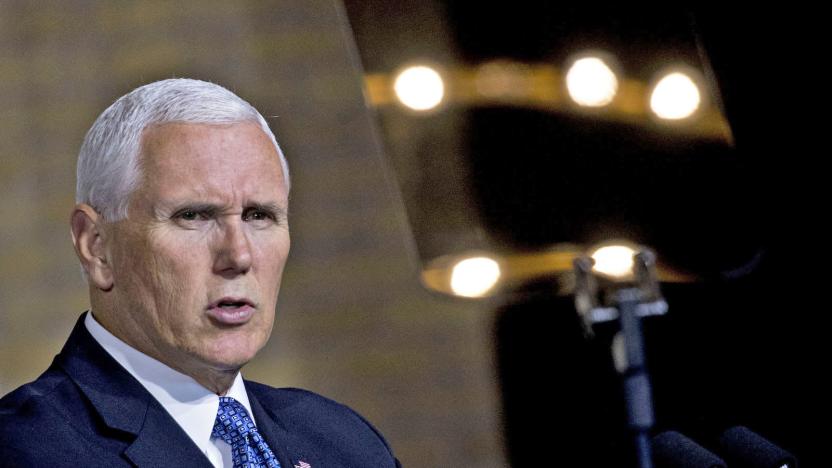
Facebook's political ad system is still easily tricked
Ahead of the 2016 US presidential election, Facebook and other platforms were used by foreign groups to stoke political tensions in the country. And in order to deter a repeat of that situation, Facebook has implemented some safeguards, one of which is its revamped political ad system. In April, the company began requiring anyone wanting to post a political ad to verify their identities and locations and in May, ads themselves began to feature a "Paid for by" disclosure. But that system isn't as rigorous or as transparent as Facebook has touted it to be, and a new report from Vice News highlights some of the problems.

Facebook, Twitter reportedly haven’t seen any China election meddling
Though President Trump and Vice President Pence have repeated claims that China is actively trying to meddle in the upcoming US midterm elections, officials at Facebook and Twitter have now said they haven't come across any such attempts. Anonymous press representatives at the two social media companies told Bloomberg that while disinformation campaigns have been uncovered and linked to Russia and Iran, none have been linked to China.
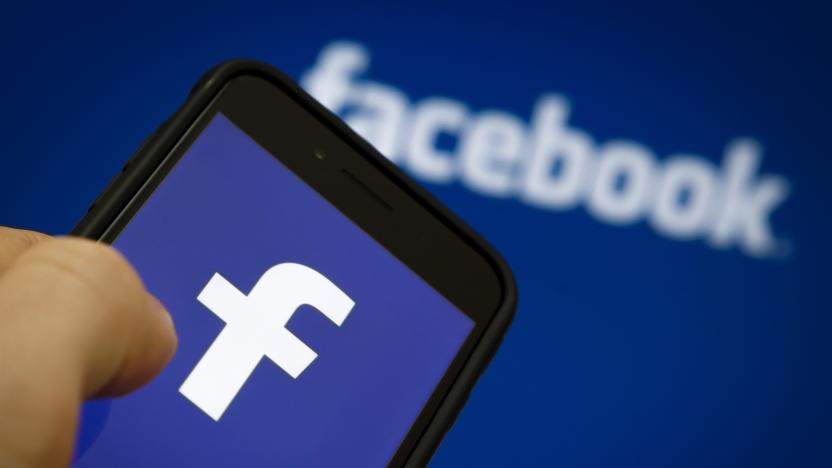
Facebook shut down a spam network in Brazil
Facebook's crackdown on misleading content continues, this time in Brazil. The social network gave the boot to 68 pages and 43 accounts -- all linked to a single marketing group -- for violating the company's policies on misrepresentation and spam.

Facebook expands security measures for political campaign staff
The US midterm elections are just weeks away, and Facebook is still scrambling to prevent election meddling with every means at its disposal. It's launching a pilot program that will expand its protections for American political campaigns. Candidates at the federal or state levels, as well as their staff and party committees, can apply to receive extra protection for their Pages and individual accounts. Facebook will help activate two-factor authentication, proactively monitor accounts (through both automation and human staff), and prioritize reports of suspicious activity from campaign members. If there's an attack against one person, Facebook will check other related accounts.
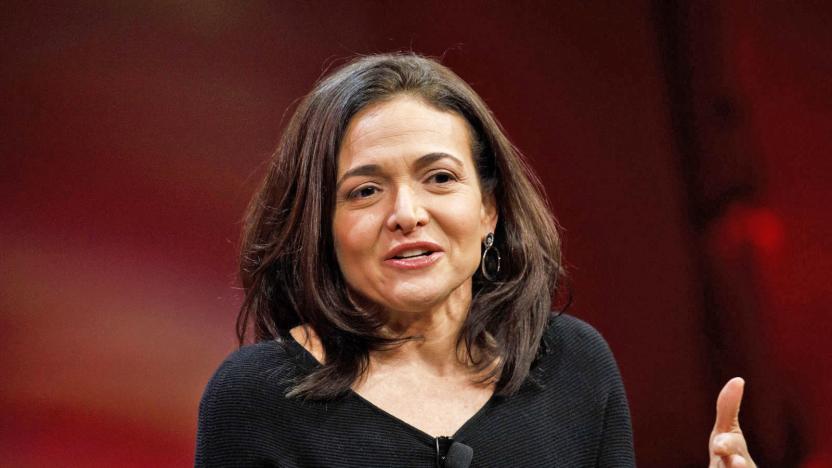
Facebook tells Senate it needs help stopping election interference
Facebook has been scrambling to fight election meddling ahead of the 2018 midterms, but it doesn't want to go alone. The social network has released COO Sheryl Sandberg's prepared testimony ahead of her Senate appearance on September 5th, and she uses the presentation to call for more government help in battling interference from countries like Russia. Facebook's staffers "can't stop interference by ourselves," she said, noting that Facebook doesn't have "all the investigative tools" of government and can't always identify perpetrators or their motivations.

How France beat Russian meddling (and we could, too)
Since we're all expecting Kanye West to be a Supreme Court justice by Monday, it will surprise no one to find out that the completely normal, perfectly-operating administration in the White House is blowing off a new threat of interference and hacking in the upcoming elections. "Robert Mueller and the nation's top intelligence official say Russia is trying to interfere in the midterm elections," Politico reported, "but Republican and Democratic lawmakers say the Trump administration is keeping them in the dark about whether the U.S. is ready."
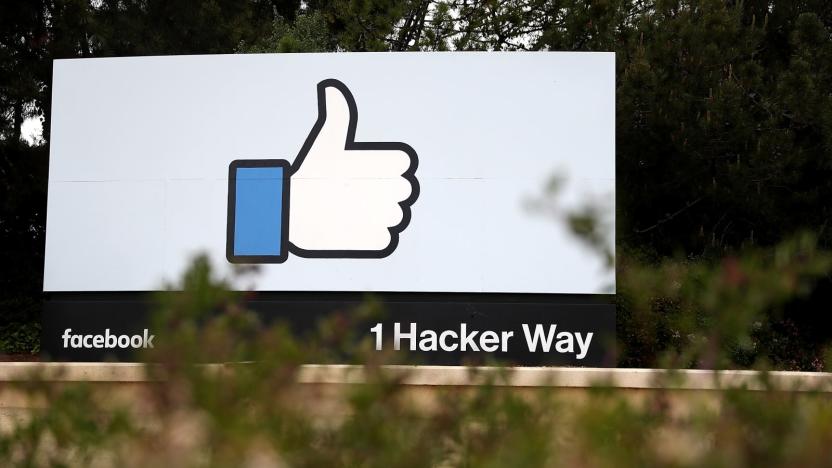
Facebook to open up its data for research on social media and elections
Facebook announced a new initiative today aimed at improving its policies and the role its platform plays in elections. The company acknowledged that it was slow to respond to election interference efforts that took place on its site and says it wants to learn more about social media's role in elections around the world. To do that, it's putting together a group of researchers that will then develop a research plan, get proposals for projects that address issues defined in its plan and manage a peer review process that will determine who will receive funding and access to Facebook data for their research.
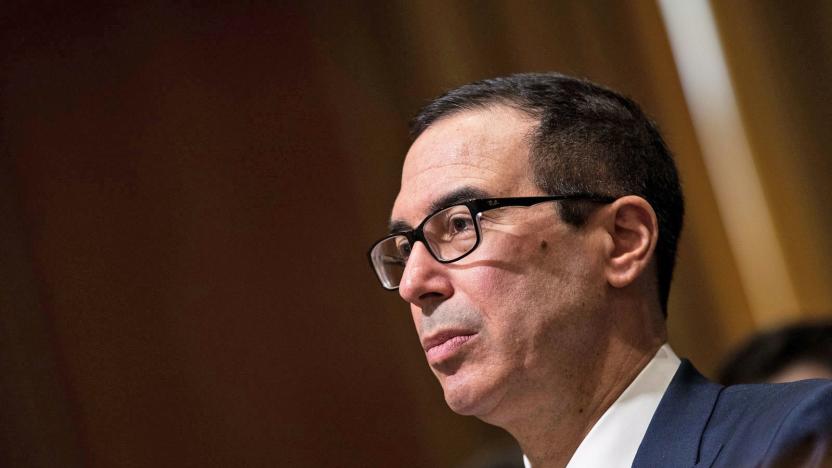
US sanctions Russians for cyberattacks and election meddling
The US Department of the Treasury has instituted sanctions against five Russian entities and 19 individuals for their involvement in a number of cyberattacks and online efforts to interfere with the US presidential election. The sanctions prohibit US companies and individuals from conducting business with those named by the Treasury Department. "The Administration is confronting and countering malign Russian cyber activity, including their attempted interference in US elections, destructive cyberattacks and intrusions targeting critical infrastructure," Treasury Secretary Steve Mnuchin said in a statement. "These targeted sanctions are a part of a broader effort to address the ongoing nefarious attacks emanating from Russia. Treasury intends to impose additional CAATSA sanctions, informed by our intelligence community, to hold Russian government officials and oligarchs accountable for their destabilizing activities by severing their access to the US financial system."
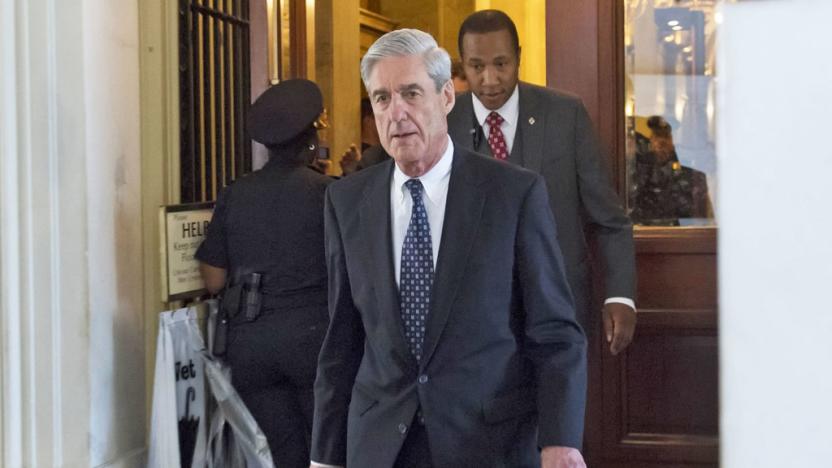
US indicts 13 Russian nationals for alleged election tampering
Today, the office of special counsel Robert Mueller announced that a federal jury has indicted 13 Russian nationals on charges of conspiracy to commit wire and bank fraud, aggravated identity theft and conspiracy to defraud the US. The charges mean that these individuals are now officially wanted by the US government, though actual arrests may be hard to come by. "Defendant Internet Research Agency LLC is a Russian organization engaged in operations to interfere with elections and political processes," says the indictment. "Beginning as early as 2014, [it] began operations to interfere with the US political system, including the 2016 US presidential election."

Twitter now says 1.4 million users interacted with Russian spam accounts
Midway through January, Twitter posted a public statement on their blog confirming that over 677,000 users had followed, liked or retweeted messages from Russian-backed spam accounts. The social network reached out to inform everyone who had. But today, Twitter updated their count to 1.4 million users who had interacted with these accounts leading up to the 2016 election.
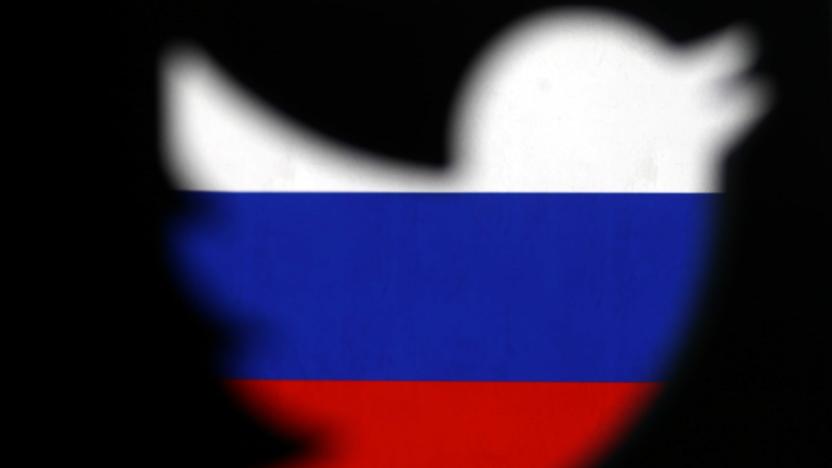
Twitter is notifying anyone who followed a Russian spam account
Last week, Twitter missed the deadline Congress set to turn over information on Russia-backed meddling in the 2016 election. Today, the social media company posted a public update on their internal investigation. First, they found thousands of additional accounts associated with the Russian government-linked Internet Research Agency (IRA). But most importantly, Twitter is emailing notifications to everyone in the US who inadvertently followed one or retweeted or liked one of their messages -- which is some 677,775 people.
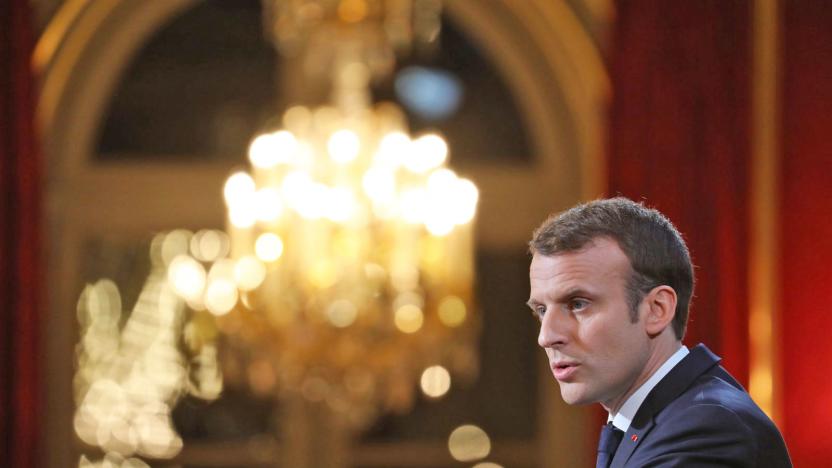
France considers new laws to fight fake news
During a media briefing yesterday, French President Emmanuel Macron said that he would soon introduce new legislation aimed at combating fake news during elections. Under the new law, websites publishing sponsored content would have to disclose who paid for it and fees for that content would have a cap. Additionally, authorities would have the power to remove fake content and block websites if they're found to be publishing fake news. "If we want to protect liberal democracies, we must be strong and have clear rules," Macron said.
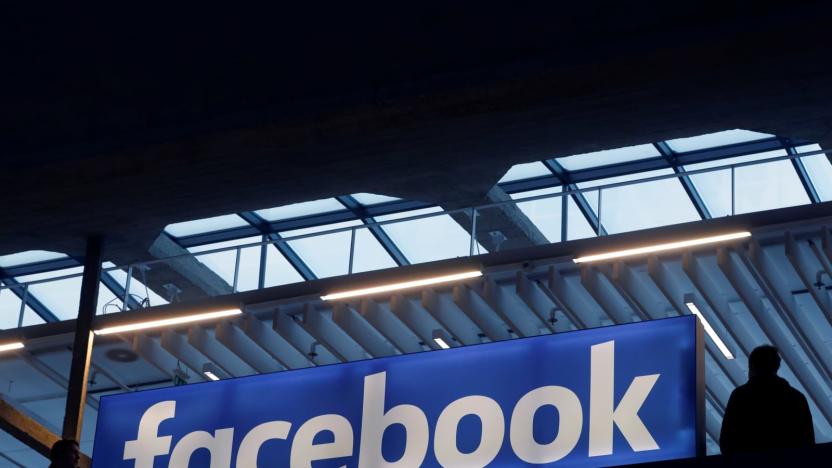
Facebook trying to find employees with national security clearance
Facebook's next attempt at clearing its name from any future political entanglements is apparently hiring people with national security clearances, according to Bloomberg. "Facebook plans to use these people -- and their ability to receive government information about potential threats -- in the company's attempt to search more proactively for questionable social media," the publication's source says. It makes sense, and given the role the social network played in he 2016 election, is a smart move.
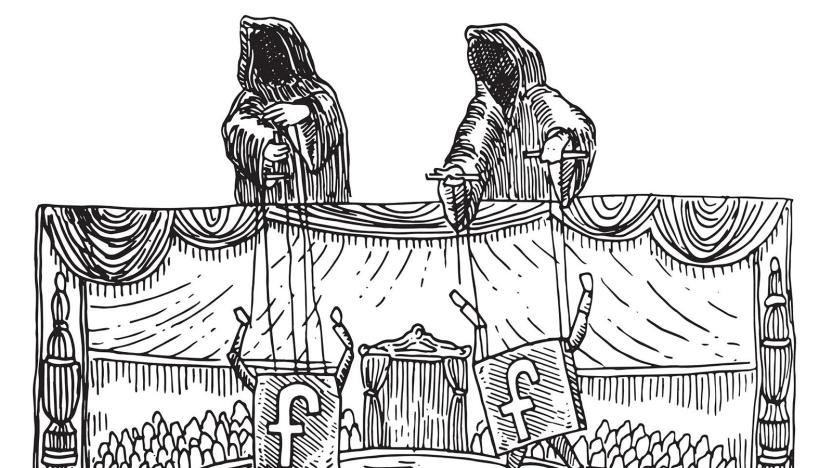
Facebook's widening role in electing Trump
Facebook admitted this week that a Russian propaganda mill used the social-media giant's ad service for political operation around the 2016 campaign. This came out when sources revealed to The Washington Post on Wednesday that Facebook was grilled by 2016 Russia-Trump congressional investigators behind closed doors Wednesday. US lawmakers are furious. Putin's propaganda farm bought around $150,000 in political ads from at least June 2015-May 2017; Facebook was compelled to share the information and will be cooperating with ongoing investigations into Russian interference in the 2016 election. The troll farm in question is the Internet Research Agency, a well-funded, well-established, nimble, English-speaking, pro-Putin propaganda unit, and the ads are in all likelihood illegal.






